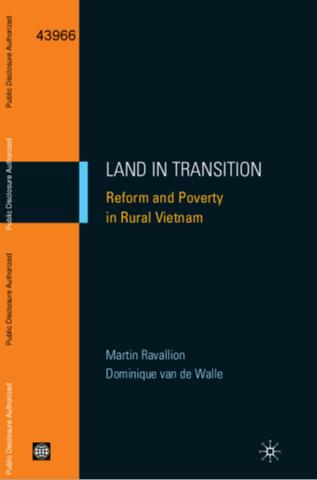What Drives the Global “Land Rush”?
The 2007-2008 upsurge in agricultural
commodity prices gave rise to widespread concern about
investors causing a "global land rush". Large land
deals can provide opportunities for better access to
capital, transfer of technology, and advances in
productivity and employment generation. But they carry risks
of dispossession and loss of livelihoods, corruption,
deterioration in local food security, environmental damage,


